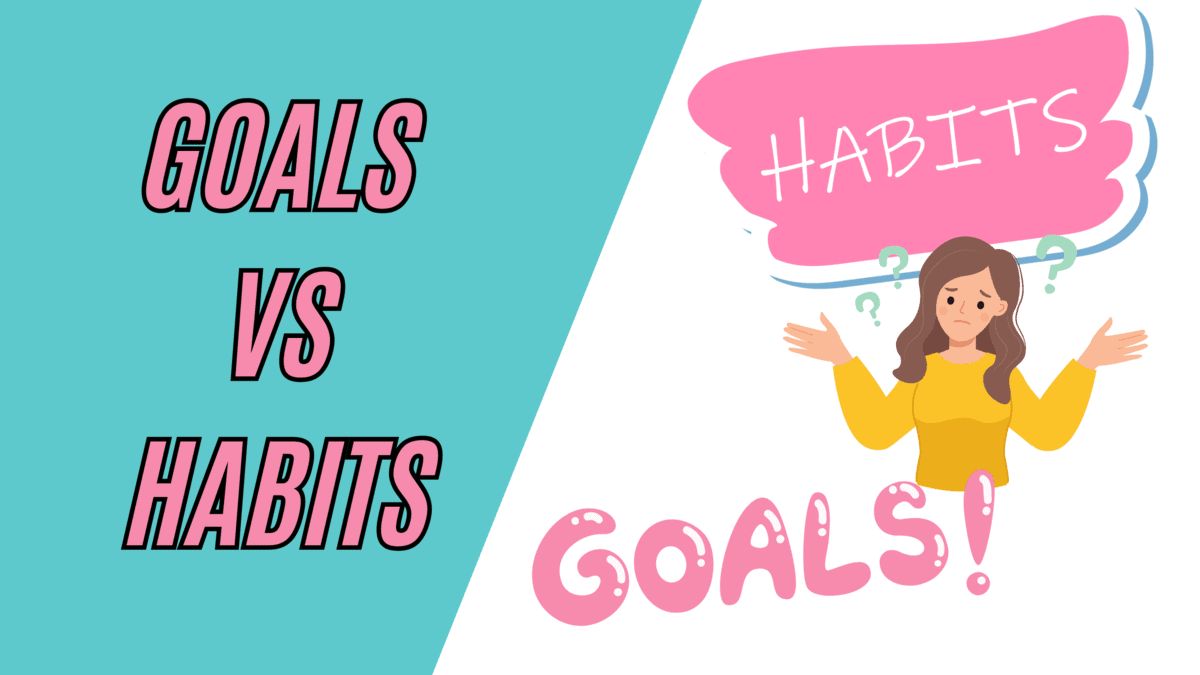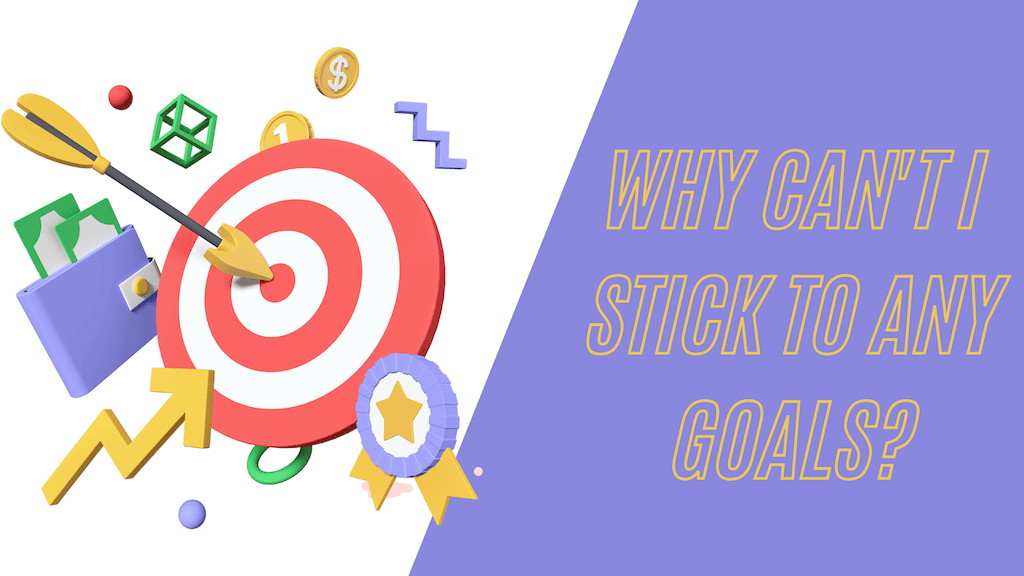I don’t know when I first caught onto the hustle culture hype.
I think it first bought into this narrative of “there’s always more you can give” during my A Levels, back in 2013/14 (yikes!).
For those 2 years, I would be up for a run at 6 am, at school or the library by 8 am, revising dinner, out all weekend to keep up with my social life… and repeat.
Every week.
For a 17/18 year old there was only one way it was going to go. I was underweight in an unhealthy way, burnt out, and completely disappointed in myself when I (shock) didn’t get the perfect straight As I wanted.
So of course after university when I started working full-time and then started a business on the side what did I do?
Jumped right back into the same hustle culture grind.
Four years on and here’s what hustle culture means for me and why I think its portrayal on social media is so toxic.
What Does Hustle Culture Actually Mean?
Hustle culture in itself isn’t toxic. It teaches us to strive for more, have goals, and work hard to hit them.
Sounds like a culture you wanna be a part of, right?
But social media has warped our perception of what it means to hustle. Now, it feels more about putting work and money first, glorifying the 24/7 grind and the idea that you always have more to give – even when your cup feels empty.
But after buying into it for so long and burning out multiple times along the way, I realized that just isn’t sustainable – no matter what the Insta gurus say.
There’s a better way.
Better than staring at your laptop 24/7 until the words blur in front of you…
Better than forcing yourself out of bed at 5 am because some guru said the only way to be successful is to start your day before everyone else…
Better than missing your favourite Netflix show because if you’ve got time to watch TV then you’ve got time to work.
To hell with things like sleep, self-care, and days off – they’re for the weak, right?
WRONG.
There are plenty of picture-perfect Instagram influencers who are the epitome of hustle culture shouting about how “The 5am Club” changed their life.
But seriously, why are we feeling guilty for not being able to keep up with that?
If hustle culture makes you feel:
- Guilty for not being a morning person (like seriously, can we normalize that waking up after 8 am and not speaking a word without a coffee first is OK)
- Even more guilty because you just wanna log off and binge-watch Stranger Things tonight
- Like you’re failing when you don’t finish your 12-hour planned workdays
- Just tired AF if you’re being really honest with yourself
Then hear me out because I’ve gone for something a little different.
The Alternative to the 24/7 Grind
Disclaimer: sometimes the grind is necessary. If you’re starting a business, going for a promotion, or have a launch coming up, then some long days are inevitable.
Hustling hard for a short or defined period of time is an inevitable part of life.
But the point is that it’s not sustainable.
No matter whether you’re in a full-time office job, working remotely, or self-employed, your lifestyle should be whatever sustainable looks like for you.
To give you an idea of what I mean, I asked myself these questions when I decided to take a long hard look at my lifestyle:
- Am I sleeping enough?
- How much time do I spend away from my screen every week?
- When was my last full day off?
- Am I exercising for me or because I think I have to?
- When was the last time I read a book just for fun, not because it’ll teach me something?
The result?
I started getting up a little later (only 30 minutes but it made such a difference).
I stopped checking my phone until after I’d had my morning coffee and spent 30 minutes reading a book I wanted to read.
I started taking a full day off from my laptop every weekend, vowing to not even check a single email.
I started mixing up my workouts to do whatever the hell I wanted instead of a gruelling run or HIIT working – and not feeling guilty about it.
And I stopped feeling guilty for taking a rest when I needed it.
Of course, we all have limitations on our schedules. If you work for a company full-time then you probably can’t just change your working hours on a whim. Or if you’re a parent, you have to get up in the morning and get your kids to school.
But that doesn’t mean you can’t go through this same activity – to reevaluate whether the lifestyle you’re living is sustainable for you or a bullet train straight to burnout.
Hustle Culture – A Necessary Evil in Small Doses
Hustle culture is what you make it.
You can make it your everyday lifestyle.
Or you can make it the place you turn to when you need short bursts of intense grind to make some big moves.
Social media might have told us it should be the former.
But I think real success comes from the latter.
From not letting your chase for success consume every minute of every day.
From finding a balance that means you can connect with your inner hustler when you need to, and recognize when to take your foot off the gas and prioritize your well-being.
Take care of yourself and your work, relationships, and mental state will all be better for it.




